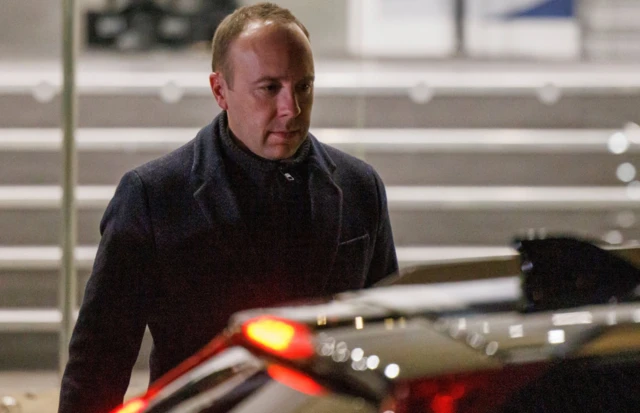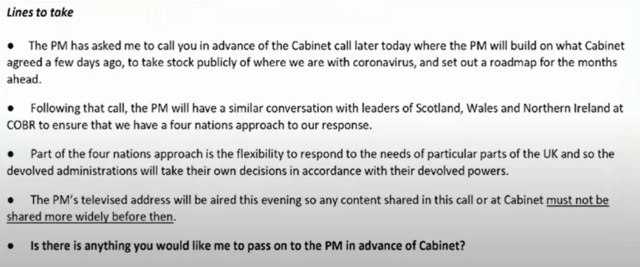That's it for today - more next weekpublished at 13:46 GMT 1 December 2023
Thank you for joining our coverage of Matt Hancock's questioning. The inquiry is done for the day, but will be back questioning former PM Boris Johnson next week.
And if you missed any of today's session, you can catch up on everything that happened today here.
This page was brought to you by Thomas Mackintosh, Alex Smith, Chas Geiger, Gem O'Reilly, Dulcie Lee and Nathan Williams.






